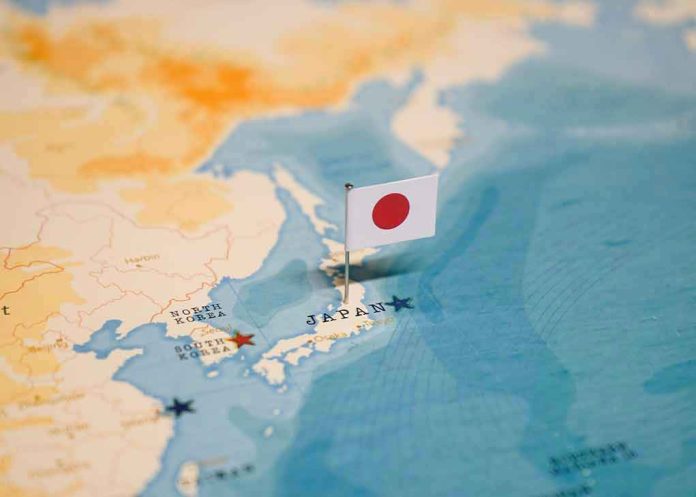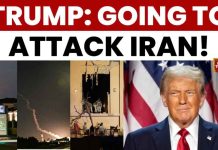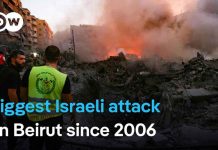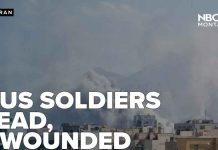
Nagasaki’s mayor delivered a stark warning that nuclear devastation could strike again as Japan marked 80 years since atomic bombs ended World War II, highlighting America’s complex nuclear legacy while global threats resurge under weak international leadership.
Story Snapshot
- Nagasaki mayor warns nuclear catastrophe remains possible 80 years after atomic bombings
- Japan commemorates 210,000+ deaths from Hiroshima and Nagasaki with record international participation
- UN and Vatican leaders call for nuclear disarmament while major powers modernize arsenals
- Survivor testimonies emphasize urgent need for global action against nuclear proliferation
Nagasaki Mayor Issues Stark Nuclear Warning
Nagasaki Mayor Shiro Suzuki delivered a chilling assessment during the 80th anniversary commemoration, warning that the devastation witnessed in 1945 could happen again without decisive global action. Speaking to representatives from 120 countries, Suzuki emphasized that nuclear weapons remain an existential threat to humanity. The mayor’s warning carries particular weight as Nagasaki suffered over 70,000 deaths when America dropped the second atomic bomb on August 9, 1945, ultimately forcing Japan’s surrender and ending World War II.
Historic Commemorations Draw Global Attention
The 80th anniversary ceremonies in both Hiroshima and Nagasaki drew unprecedented international participation, with representatives from 120 nations attending the solemn events. Hiroshima, where approximately 140,000 people died from the August 6, 1945 bombing, hosted UN Secretary-General António Guterres who declared the need to “eradicate the threat of nuclear weapons by eradicating the weapons themselves.” These commemorations serve as powerful reminders of America’s decisive action that ended the costliest war in human history while highlighting ongoing nuclear risks in today’s unstable world.
Survivors’ Testimonies Carry Moral Authority
Aging atomic bomb survivors, known as hibakusha, continue serving as living witnesses to nuclear warfare’s horrors. Their dwindling numbers add urgency to preservation efforts, as their firsthand accounts provide unmatched moral authority in global disarmament discussions. These survivors have campaigned for decades to ensure their experiences prevent nuclear weapons’ future use. Their testimonies resonate particularly strongly given current global tensions and the modernization of nuclear arsenals by major powers, including adversaries like China, Russia, and North Korea.
International Leaders Call for Nuclear Elimination
Pope Leo XIV joined the chorus of international voices calling for nuclear disarmament, warning against the “false sense of security” provided by nuclear deterrence. The Vatican’s statement emphasized replacing deterrence strategies with justice-based approaches to international security. However, these moral appeals face practical challenges as nuclear-armed nations continue modernizing their arsenals amid growing global instability. The Treaty on the Prohibition of Nuclear Weapons, which entered force in 2021, notably lacks participation from major nuclear powers, including the United States.
Japan’s unique position as the only nation to suffer nuclear attack provides moral authority in disarmament advocacy, though the country remains protected under America’s nuclear umbrella. This complex relationship reflects broader tensions between idealistic disarmament goals and realistic security needs in an increasingly dangerous world where rogue nations and hostile powers continue threatening American interests and allies.
Sources:
UN News – Hiroshima and Nagasaki 80th Anniversary Coverage
UN Secretary-General’s Message on Hiroshima Anniversary
Vatican News – Pope’s Statement on Hiroshima Anniversary
Hiroshima City Official Commemorative Information





